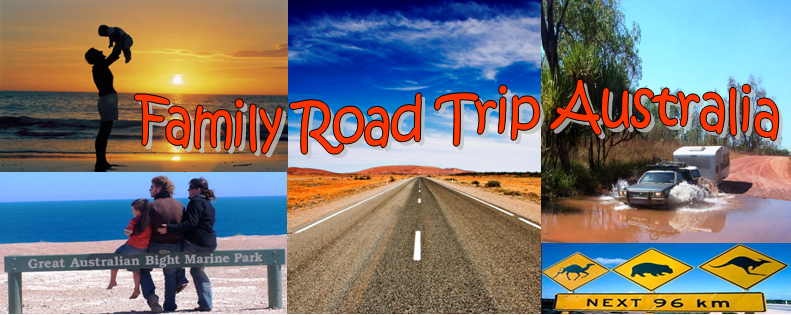Taking time to discover and observe
native animals is a popular activity for many travellers around Australia.
Whether you're visiting the tropical rainforests of the country's north, inland
through the vast Outback, or enjoying the spectacular coastal destinations,
there is a wealth of native wildlife to discover.
Exploroz have written a brilliant article to give you an
overview of the species of Fauna you are likely to encounter in the various
regions throughout Australia, and where and how to find them. This article also
included a list of National Parks, Wildlife Parks and Sanctuaries - must see
destinations for nature enthusiasts.
Every Australian will learn something new about their own native animals.
Read it here
Friday, September 16, 2011
Thursday, September 1, 2011
Be a Responsible Traveller not a Tourist Vandal!
In a remote part of the Dampier Archipelago, in the north of WA, an electric drill is used to gouge ugly dents into weathered stone bearing ancient rock art. Across the bay, on a remote bluff, graffiti is painted in massive letters on a rocky outcrop.
Hundreds of kilometres away, along the Gibb River Road, toilet paper flutters in the wind above a buzzing circle of blowflies. Farther south an abandoned campfire smoulders, ready to ignite a wildfire that could burn through the Kimberley for months.
In the Pilbara, imported seeds brought in with firewood on the roof of a four-wheel-drive, are taking hold.
Deep in the forests of the South West poor hygeine by forest users has helped spread phytphthora dieback to more than a millon hectares of the globally significant eco-region.
Ignorance, lax biosecurity and deliberate vandalism are taking their toll on Australia's natural and cultural assets. We are in danger of destroying our burgeoning ecotourism inductry by failing to understand the need to preserve and protect the environmental assets we visit and enjoy.
Don't be Careless or Thoughtless!
Leave No Trace is a not-for-profit organisation dedicated to promoting and inspiring responsible outdoor travel and recreation through education, research and partnerships. Leave No Trace builds awareness, appreciation and respect for our natural and cultural heritage.
Visit http://www.lnt.org.au and educate yourself!
The first five paragraphs are taken from an article written by Jane Hammond in the Weekend West
Hundreds of kilometres away, along the Gibb River Road, toilet paper flutters in the wind above a buzzing circle of blowflies. Farther south an abandoned campfire smoulders, ready to ignite a wildfire that could burn through the Kimberley for months.
In the Pilbara, imported seeds brought in with firewood on the roof of a four-wheel-drive, are taking hold.
Deep in the forests of the South West poor hygeine by forest users has helped spread phytphthora dieback to more than a millon hectares of the globally significant eco-region.
Ignorance, lax biosecurity and deliberate vandalism are taking their toll on Australia's natural and cultural assets. We are in danger of destroying our burgeoning ecotourism inductry by failing to understand the need to preserve and protect the environmental assets we visit and enjoy.
Don't be Careless or Thoughtless!
- Plan ahead and prepare
- Travel and camp on durable surfaces
- Dispose of waste and rubbish properly
- Leave what you find
- Respect wildlife
- Extinguish campfires
- Bury human waste away from water courses
- Don't walk on ocean reefs, they are fragile and damage easily
- Be considerate of your hosts and other visitors
Leave No Trace is a not-for-profit organisation dedicated to promoting and inspiring responsible outdoor travel and recreation through education, research and partnerships. Leave No Trace builds awareness, appreciation and respect for our natural and cultural heritage.
Visit http://www.lnt.org.au and educate yourself!
The first five paragraphs are taken from an article written by Jane Hammond in the Weekend West
Subscribe to:
Posts
(
Atom
)

